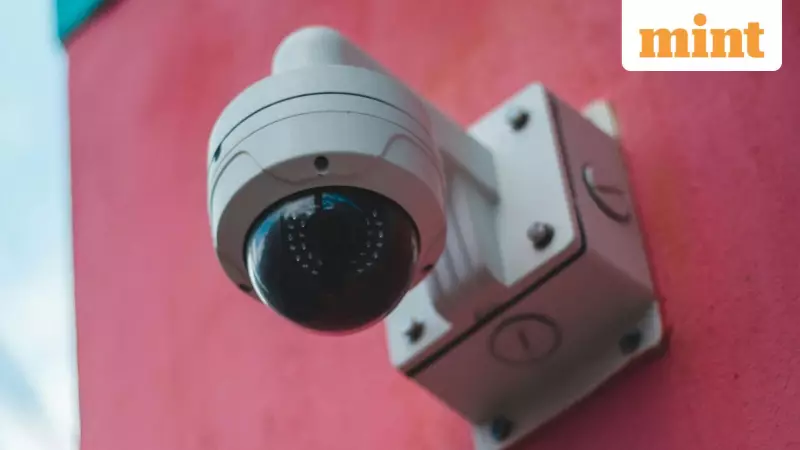
A disturbing cybersecurity incident at a Rajkot hospital has exposed critical vulnerabilities in India's healthcare data protection systems, all stemming from one of the most common and weak passwords imaginable: 'admin123'.
The Password That Unlocked a Security Nightmare
Investigators discovered that the hospital's CCTV system was protected by the laughably simple password 'admin123', allowing hackers to easily breach the security footage. This elementary security failure enabled cybercriminals to access and download sensitive surveillance recordings from the medical facility.
From Hospital Corridors to Adult Websites
The stolen CCTV footage didn't just remain in the hands of the hackers. In a shocking violation of privacy, the videos were systematically uploaded to multiple pornographic websites. This reprehensible act exposed patients, visitors, and hospital staff to unprecedented privacy violations and potential harassment.
Widespread Impact and Public Outrage
The breach affected numerous individuals who had visited the hospital during the period when the footage was recorded. Families of patients, medical professionals, and ordinary citizens found themselves potentially exposed online without their knowledge or consent.
Cybersecurity Experts Weigh In
Security professionals have expressed alarm at the sheer negligence demonstrated in this case. "Using 'admin123' to protect sensitive hospital CCTV footage is like locking a bank vault with a piece of string," commented one cybersecurity analyst. "This incident highlights the urgent need for mandatory security protocols in healthcare institutions."
Legal and Regulatory Implications
The breach raises serious questions about compliance with data protection laws and healthcare privacy regulations. Authorities are now investigating whether the hospital violated established protocols for protecting sensitive information and patient privacy.
Protecting Against Future Breaches
Security experts recommend several critical measures for healthcare institutions:
- Implement strong, unique passwords for all systems
- Enable two-factor authentication where possible
- Regular security audits and penetration testing
- Staff training on cybersecurity best practices
- Immediate system updates when vulnerabilities are discovered
This incident serves as a stark reminder that cybersecurity isn't just about protecting data—it's about protecting people's dignity and privacy.






